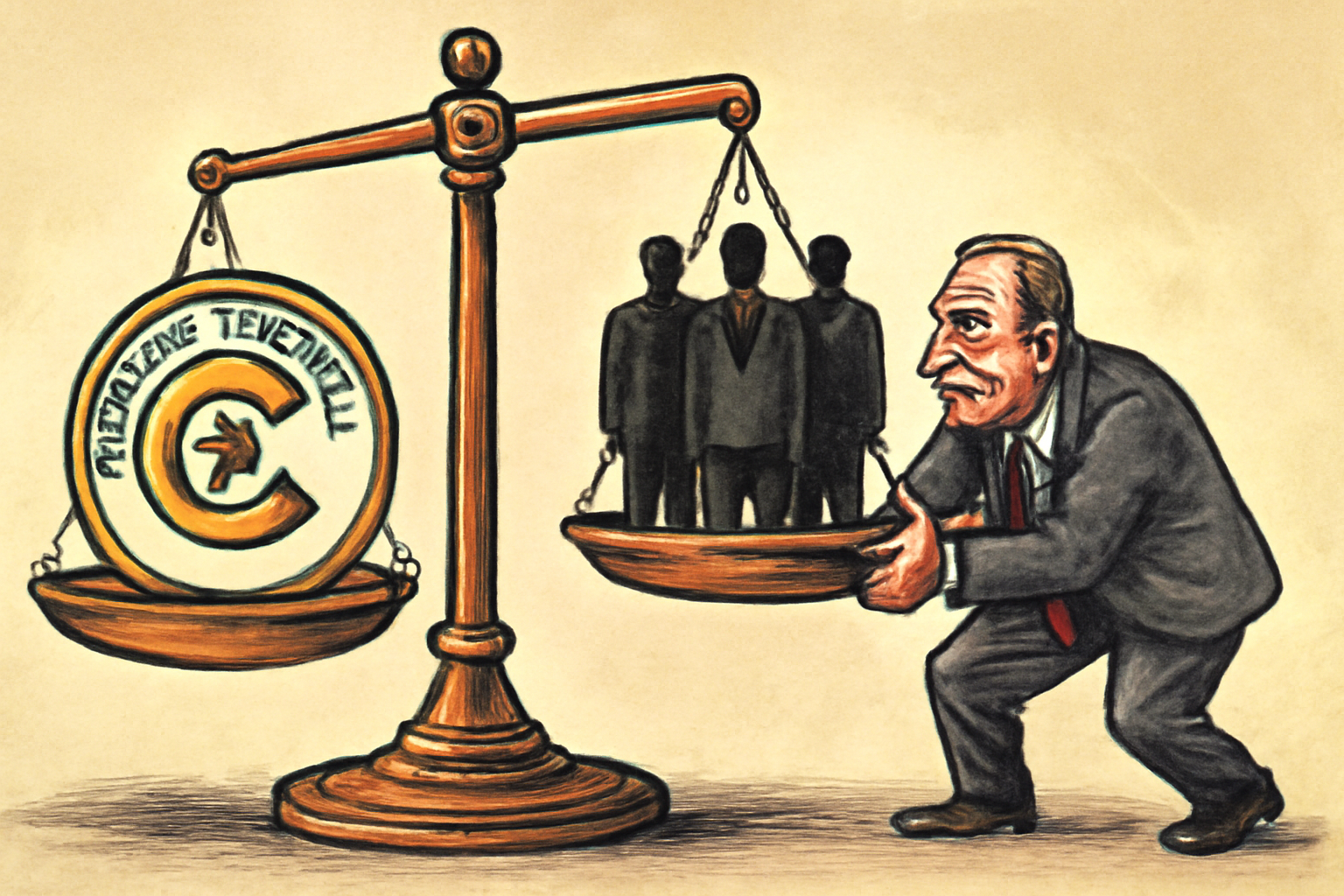The interim government is facing mounting criticism for allegedly favouring the National Citizen Party (NCP) amid growing concerns about its commitment to neutrality during this fragile transitional period. The accusations, which have been simmering since the NCP’s formation in early 2025, have intensified following the deadly clashes in Gopalganj on 16 July, where NCP leaders were dramatically rescued under military and police protection.
The NCP, founded by former student activists from the Students Against Discrimination (SAD) and Jatiya Nagorik Committee (JNC), has positioned itself as a bold challenger to Bangladesh’s two dominant political forces: the Bangladesh Nationalist Party (BNP) and the Awami League (AL), which currently faces a ban on its political activities pending trial in the international crimes tribunal for atrocities carried out by its leaders and activists during the July uprising last year.
Under the leadership of Nahid Islam, a former interim government adviser, the party openly calls for dismantling the ideological legacy of Mujibism, directly targeting the historical roots of the Awami League. However, its rapid rise and apparent closeness to the interim government have drawn suspicion, particularly as Bangladesh prepares for elections in early 2026.
The controversy over alleged favouritism began earlier in 2025 when a leaked letter revealed that the government had provided buses for NCP events, sparking criticism from Transparency International Bangladesh, which accused the government of misusing state resources to promote a partisan agenda. These concerns have only been magnified by the events in Gopalganj, a stronghold of the Awami League and the birthplace of Sheikh Mujibur Rahman.
Violence erupted during an NCP rally commemorating the anniversary of the July 2024 uprising, which had toppled the Awami League government. The choice of Gopalganj was provocative, and tensions quickly boiled over when Awami League supporters and banned Bangladesh Chhatra League members attacked the gathering. The clashes resulted in deaths, injuries, and widespread chaos, with allegations that the NCP convoy was specifically targeted as it left the rally site. In response, the government deployed army units and police to evacuate NCP leaders, prompting accusations that state security forces were acting less as neutral protectors of public order and more as bodyguards for a favoured political faction.
Critics argue that the scale of the response — including the deployment of Border Guard Bangladesh (BGB) units and the imposition of a strict curfew — was not matched by similar measures to protect opposition groups, reinforcing claims that the interim government is tilting the political scales in favour of the NCP. The government’s prior ban on Awami League political activities, juxtaposed against the NCP’s freedom to hold rallies with state protection, has only heightened perceptions of bias.
Adding fuel to the fire were provocative statements from NCP leaders. Nahid Islam’s call to “liberate Gopalganj from Mujibism” and Sarjis Alam’s vow to “build a grave for Mujibism” were widely viewed as incendiary, particularly in a region synonymous with Bangladesh’s founding narrative.
Public discourse has been sharply polarised. On social media, users have accused the interim government of orchestrating a cover-up, citing allegations of overnight burials and withheld post-mortem reports. Others claim the violence was manipulated by remnants of the former ruling party to destabilise the interim administration. Meanwhile, the BNP accuses the Yunus-led administration of cultivating the NCP as a state-sponsored alternative to traditional opposition forces, a strategy they argue is intended to manipulate the forthcoming electoral landscape.
Statements from key figures have done little to calm the storm. Muhammad Yunus condemned the Gopalganj violence as a “shameful violation of fundamental rights,” while NCP leaders insisted that they were the victims of political thuggery orchestrated by Awami League loyalists. Yet, the interim government’s actions — particularly its swift, forceful protection of NCP leaders — remain at the centre of public debate.
The broader implications of these developments are deeply troubling for Bangladesh’s fragile democratic transition. Accusations of partiality, misuse of state resources, and the politicisation of security forces undermine the legitimacy of the interim government’s mandate to ensure free and fair elections. Without urgent steps to restore public trust — including transparent investigations into both the Gopalganj clashes and prior controversies like the bus scandal — the government risks eroding its credibility beyond repair.
For the NCP, the perception of being a state-sponsored entity poses significant risks to its legitimacy as a revolutionary force for change. Continued reliance on state protection contradicts its grassroots narrative and exposes it to criticism as a mere tool of the interim regime rather than a genuine vehicle for democratic reform.
If the interim government wishes to avoid the perception that it is “tilting the scales,” it must recommit to impartiality, enforce consistent standards for all political actors, and engage openly with the full spectrum of opposition forces. The path to a stable, democratic future depends on it.
The write is a journalist.


